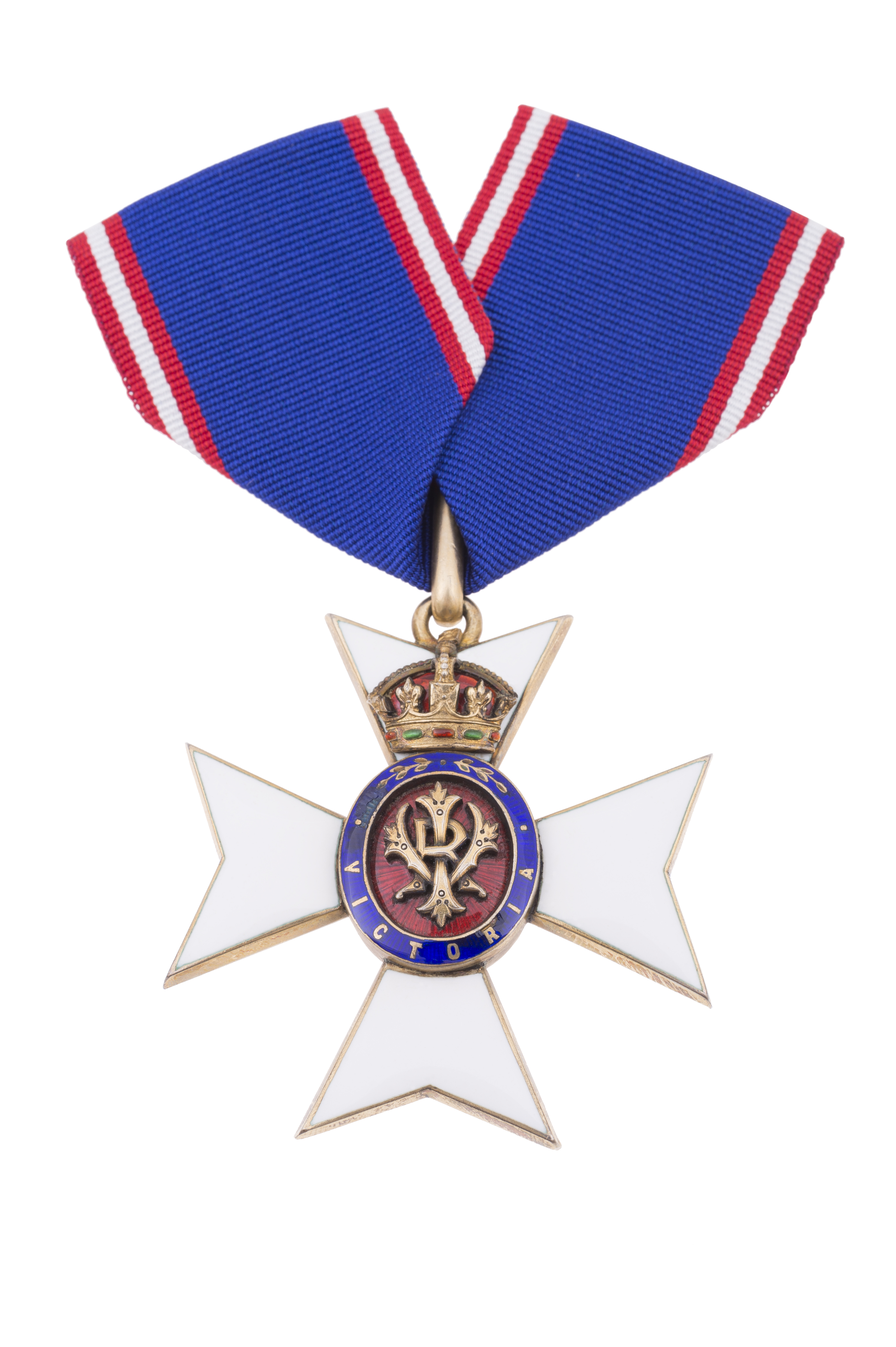

It does not store any personal data.Īdvertisement cookies are used to provide visitors with relevant ads and marketing campaigns. The cookie is set by the GDPR Cookie Consent plugin and is used to store whether or not user has consented to the use of cookies. The cookie is used to store the user consent for the cookies in the category "Performance". This cookie is set by GDPR Cookie Consent plugin. The cookie is used to store the user consent for the cookies in the category "Other. The cookies is used to store the user consent for the cookies in the category "Necessary". The cookie is set by GDPR cookie consent to record the user consent for the cookies in the category "Functional". The cookie is used to store the user consent for the cookies in the category "Analytics". Set by the GDPR Cookie Consent plugin, this cookie is used to record the user consent for the cookies in the "Advertisement" category. These cookies ensure basic functionalities and security features of the website, anonymously. Necessary cookies are absolutely essential for the website to function properly.

This is not an Ethiopian custom, but rather an accommodation permitted by the Crown Chancery for use in international situations to conform with international practice. Some of the Orders, Decorations and Medals carry the right of the recipient to use post-nominal initials signifying the honour. These orders are, however, and despite the rarity of their use, still valid and official. The Order of Solomon, for example, is rarely given the same applies to the Order of Solomon’s Seal, and the Order of the Queen of Sheba. It is believed to be the oldest chivalric order in the world, and is a body of knights and companions, to which appointments are made only rarely and with distinct chivalric obligations.Īs with all orders of chivalry and State or Royal decorations in countries which employ them, some orders fall into disuse or out of fashion, and new orders are from time-to-time created to reflect the distinct form of recognition which a sovereign or the Royal or Imperial house wishes to bestow. The Imperial Orders and Decorations are listed below in order of precedence with one notable exception.

No other member of the Imperial Family at present has the right to issue Imperial Honours other than the Crown Council through its President, who is advised by his Honours Committee to which all proposals for recognition are submitted. 1 Conversations between the author and the Afe-Negus during 1997, and confirmed by the 1998 statement by Afe-Negus Teshome Haile-Mariam. Titles such as Crown Prince must be authorised by a serving Emperor and/or the Crown Council, and only serving Heads of the Ruling Family or - during an interregnum - the Crown Council have the authority to confer Imperial honours and titles, as confirmed by the Imperial Constitution, a fact confirmed by the last Imperial Afe-Negus and Minister of Justice, Afe-Negus Teshome Haile-Mariam to this author. In recent years, descendents of other branches of the Solomonic line - such as descendents of Lij Iyasu, who was removed from office in 1916 just before the coronation of Empress (Negeste-Negestate) Zauditu as Empress - have attempted to claim titles such as “Crown Prince of Ethiopia”, and to issue Imperial decorations. Upon the death of the Emperor, in January 1997, and in accordance with the Constitution promulgated before the 1974 civil war, the Crown Council now has devolved upon it all the responsibility for Imperial Orders, Decorations, Appointments and Titles.Īt present, the President of the Crown Council, HIH Prince Ermias Sahle-Selassie, and the Viceroy, HIH Prince Bekere Fikre-Selassie, are individually Grand Masters of most of the Imperial Chivalric Orders, except where noted. In order to begin preparing the Monarchy for a return to Ethiopia, Emperor Amha Selassie restructured the Crown Council and authorised it to take over many of the functions of the Crown. This was compounded by the dislocation, and subsequent re-establishment of the Crown in exile, and the deterioration of the health of Emperor Amha Selassie I. The civil war in Ethiopia, from 1974 to 1991, which resulted in the death of Emperor Haile Selassie and a diaspora of Ethiopians around the world, caused an interregnum which, until 1996, meant that few Imperial Orders or Decorations were issued.


 0 kommentar(er)
0 kommentar(er)
